Byron Rogers writes for the Sunday Telegraph, the Guardian, Saga magazine and most other publications. He is also the author of The Green Lane to Nowhere: the Life of an English Village and The Last Englishman: the Life of J.L. Carr, both published by Aurum Press. A Welsh-speaking Welshman, he lives in Northamptonshire and has succeeded in marrying an Englishwoman.
It has seldom fallen to me to read a book with such unalloyed pleasure. This is for winter evenings, to be read aloud by the fireside in the old way... and it is a delight. Just as critics have identified Graham Greenes Greeneland, now we must speak of Byrons World, no less exclusive, no less captivating and no less bewitching Cambria magazine
To Bryn Rogers (19091968), who read none of these
Kyrchwm Loygyr, a cheisswn greft y caffom yn ymborth
From Manawyddan, son of Llyr, The Mabinogion, twelfth century
Let us go to England to learn a craft, that we may make a living

First published in 2001
by Aurum Press Ltd, 7 Greenland Street, London NW1 0ND
This eBook edition first published in 2012
All rights reserved
Byron Rogers, 2001
The right of Byron Rogers to be identified as author of this work has been asserted in accordance with Section 77 of the Copyright, Designs and Patents Act 1988
This eBook is copyright material and must not be copied, reproduced, transferred, distributed, leased, licensed or publicly performed or used in any way except as specifically permitted in writing by the publishers, as allowed under the terms and conditions under which it was purchased or as strictly permitted by applicable copyright law. Any unauthorised distribution or use of this text may be a direct infringement of the authors and publishers rights, and those responsible may be liable in law accordingly
eBook conversion by CPI Group
ISBN 9781845138509
 EADING THESE PIECES AGAIN , I am amazed I have managed to make a living from journalism. The concerns of English papers and magazines, London news, politics and the already famous, were never mine, which will explain why only two of these pieces were suggested by editors. The rest I had to persuade them to use.
EADING THESE PIECES AGAIN , I am amazed I have managed to make a living from journalism. The concerns of English papers and magazines, London news, politics and the already famous, were never mine, which will explain why only two of these pieces were suggested by editors. The rest I had to persuade them to use.
Sometimes I overdid the persuasion, as when, thinking myself no end of a wag, I got the features editor of the Sunday Telegraph to commission a profile of an elephant on the grounds that the animal was the most successful teenager in show business; the joke stopped when I found myself having to write 2000 words about a creature which did nothing except react to food. But the persuasion I loved. It allowed me to live on my wits, and to draw on the chicanery my ancestors practised at horse-sales. Once, banned from driving, I got the features editor of the Guardian to commission a series on towns, and it was only when the articles were appearing that he realised the towns were within a few miles of each other. I had been hitch-hiking between them. But then, as the editor of Saga Magazine spotted, just about all the travels I have ever undertaken have been in that narrow corridor of land between Northampton, where I live, and Carmarthen, where I was brought up. And why not? All human life is there.
In the Chronicle of the Princes, a medieval Welsh history, this entry occurs, and it is one of the most wonderful sentences ever written. In the year 1180 there was nothing that might be placed on record. Never such confidence again, this was probably the last time anyone had the nerve to admit there had been no news. For what is news? It is a product like any other that now must be gathered daily, for the cameras and the papers are waiting and the ploughman with his Sony Walkman needs briefing every hour on the worlds woes. Yes, but what is it? Ah, answering that question, to quote Larkin out of context, brings the priest and the doctor running over the fields in their long coats. News is what it was in 1180: it is the fortunes of the famous, or at least those they would like known, and the misfortunes of the rest, who have no choice in the matter.
But it has been my misfortune to live in a time when these distinctions became absolute. On the one side, forever in shadow, is the overwhelming majority of people, of interest only for their purchasing power. On the other is that tiny group on whom the spotlight rests. Television has done this, the fortunes of Hello magazine have been based on it, and the papers have followed, creating between them the cult of celebrity. The result is that at no time in human history have so many become mere spectators, and been so conscious of the fact.
Celebrities have existed for so long as there has been any form of organised society, but there were far fewer of them: the general, the prince, the politician, the preacher, the murderer, the hangman. And they were part of a remote world. You heard about them, you saw them deified in Staffordshire pottery, you read about them in newspapers which arrived two days late. So you had a different attitude, which occasionally they shared. When William IV became King of England he did not see why he should not go on strolling along St Jamess. When I have walked about a few times they will get used to it, and will take no notice. These are stories of Cromwell in his days of glory, walking alone at night to gatecrash parties when he heard music, and nobody thought this in the least odd.
But now the man who appears on television is different from the rest of us. It does not matter any more what he does, he can just read the news aloud or predict the weather; what matters is that he appears nightly in a million sitting rooms. He can double his income by opening supermarkets, fame being the modern equivalent of the Kings touch: by touching that supermarket door he has relieved it of its obscurity.
The writer Brian Darwent, having written the first biography of the novelist Jack Trevor Story, author of The Trouble with Harry, which Hitchcock filmed, had his manuscript returned by a publisher with this note: The problem in our opinion is that Jack Trevor Story is sadly not enough of a household name, and there are not enough famous people involved in the book to make it of sufficient interest to the general reader. They liked the book, parts of which were hilarious, but that was no longer enough for the general reader, whoever he or she might be. The actual writing had nothing to do with it, as Jeffrey Archer, deciding to turn novelist, once told a friend who had protested that Archer couldnt write. He would, said that great man, produce a bestseller. And he did. When you are a celebrity there is little you cant do. When you are not, there is little that you can.
The serf out in the long fields of the Middle Ages, he had his place, as the poets of his time recognised. The man slumped in front of EastEnders has no place. If he opens a tabloid he will see its plot-lines reported as though these are real events, and he comes to believe they are of more importance than anything in his own life: in the process a man dwindles. When I get to Heaven, they will ask me what I did, a lorry driver once said to me. And I shall say, I was a consumer. But for others there is the terrible underside of the celebrity cult, resulting in the stalker and the loon with the snipers rifle, both intent on smashing their way into the goldfish bowl of fame.
When I started writing magazines and newspapers it was still, just, possible to write about people known only to their relatives and friends, even though nobody else seemed to. As Susannah Hickling, deputy editor of
Next page

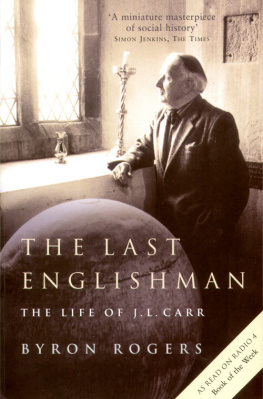

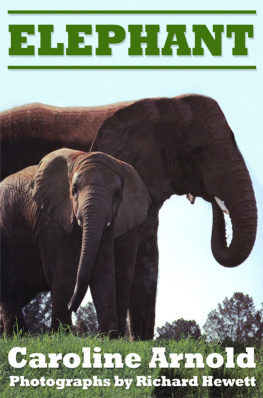

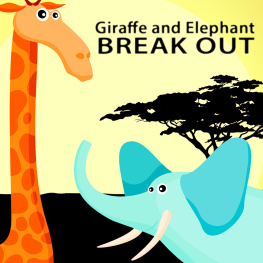



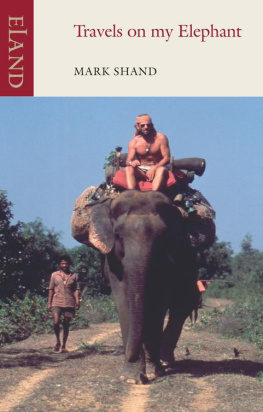
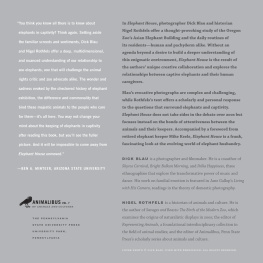
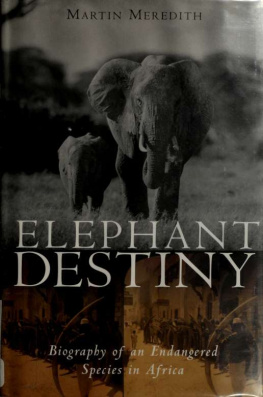
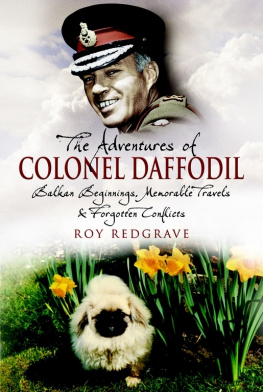
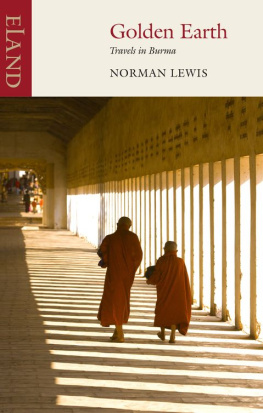

 EADING THESE PIECES AGAIN , I am amazed I have managed to make a living from journalism. The concerns of English papers and magazines, London news, politics and the already famous, were never mine, which will explain why only two of these pieces were suggested by editors. The rest I had to persuade them to use.
EADING THESE PIECES AGAIN , I am amazed I have managed to make a living from journalism. The concerns of English papers and magazines, London news, politics and the already famous, were never mine, which will explain why only two of these pieces were suggested by editors. The rest I had to persuade them to use.